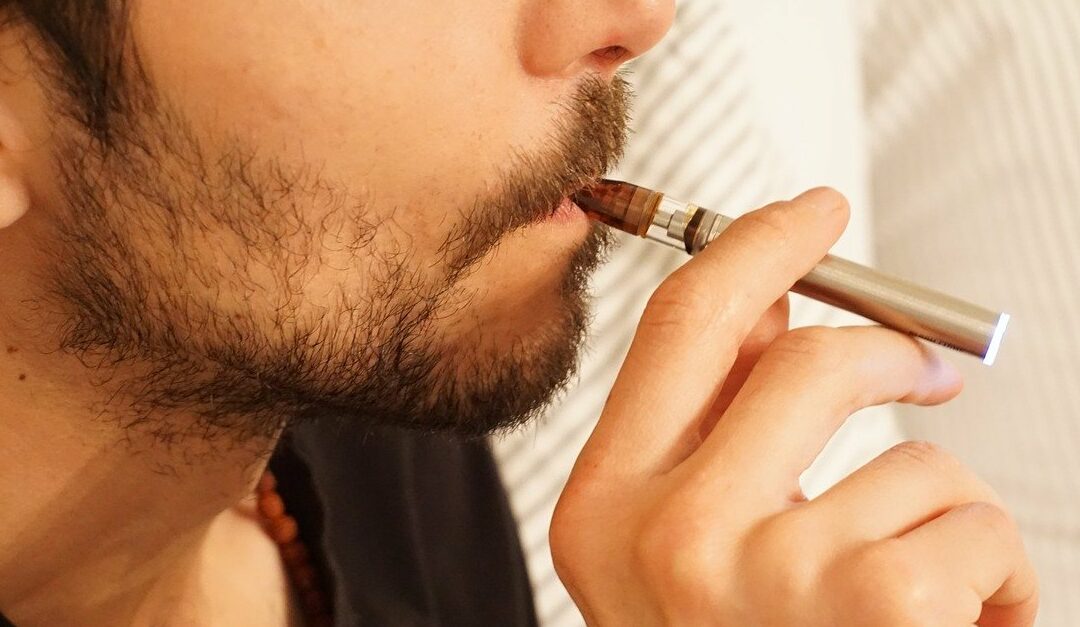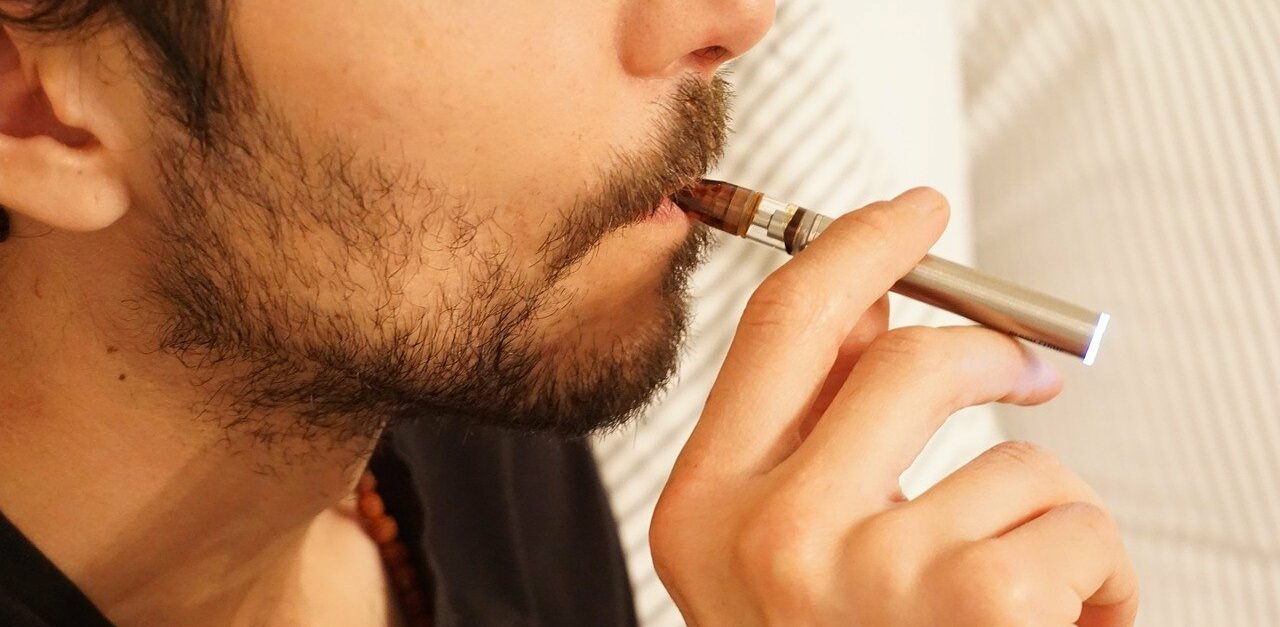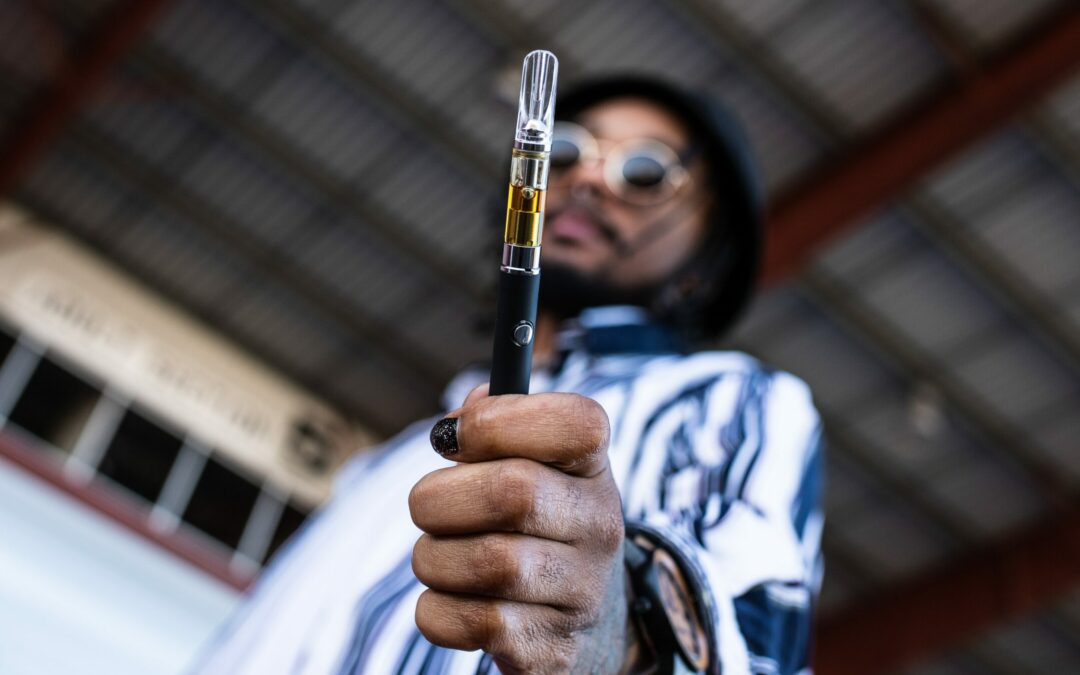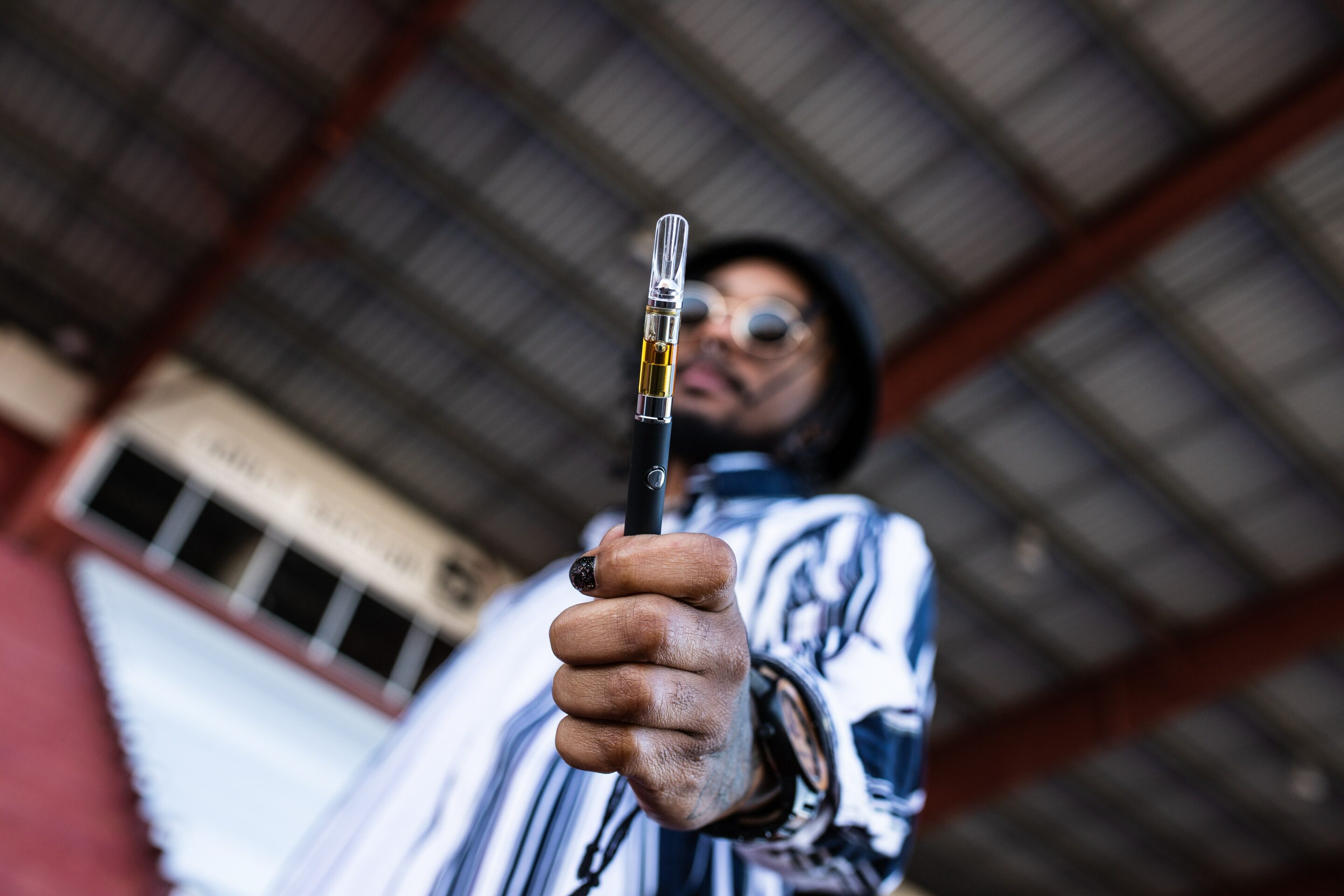
Is Delta-8 THC Safe?

If you’re a cannabis or Hemp/CBD consumer, you have more than likely heard of Delta-8 THC. But is Delta 8 THC safe?
Fourteen states — Alaska, Arizona, Arkansas, Colorado, Delaware, Idaho, Iowa, Kentucky, Mississippi, Montana, New York, Rhode Island, Vermont and Utah — have already banned Delta-8. For a consumer looking to possibly try Delta 8 for the first time, this could be a cause for concern.
If Delta 8 was totally safe, then why would states be banning it en masse? That’s what we’re going to break down.
The answer to the question, “is delta 8 THC safe?” isn’t so black and white. Just like a couple years ago when many were unsure about the safety of CBD products, D8 THC is in a similar phase.
Is Delta 8 THC safe to consume?
The short answer is we don’t know. That is partially the reason that so many states have already moved to make it illegal. With zero — and we mean zero — regulation, it is much easier to just ban Delta 8 than go through the same process as CBD.
To clarify, CBD has had a rocky road over the last few years. After the passing of the Farm Bill in 2018, all hemp and its derivatives (aside from Delta 9 THC) became fully legal. CBD, CBG, CBN and others all became legal at this time, which sparked the CBD movement.
As soon as the CBD industry began exploding, the FDA was forced into action. Regulating the safety of consumable CBD products like gummies, ointments or other topicals was essential. While some states decided to ban CBD altogether like some are doing now with Delta 8, most saw the growing market and recognized that regulation was necessary.
However CBD does not create a psychoactive effect like Delta 8 does, nor is it synthetically derived. And that’s where the issues with Delta 8 arise.
How Delta 8 THC is made
CBD has been bred into hemp in higher concentrations over the last few years, which is then extracted to make various products. Delta 8 exists in such small traces in hemp and cannabis that it can’t be extracted on its own and produces negligible results.
Due to this, Delta 8 is actually made through the synthetic conversion of CBD.
The process of creating Delta 8 from CBD is nothing new, and is actually a patented isomerization process. It involves dissolving CBD in a solvent like heptane. An acid is then added into the solution and stirred constantly up to 18 hours on a heat plate. Once the chemical reaction is complete it will separate, where it can then be washed and dried and tested.
Compared to how your average Delta-9 extract is made, Delta-8 is a more lengthy, “synthetic” process. That can be a turn off for a lot of people.
The new “spice”?
We see you clenching your fists about to throw your phone from reading that title. No, we don’t believe that Delta 8 THC is as dangerous as spice. But that doesn’t mean it doesn’t have the potential to be just as dangerous.
You may remember in 2019 when hundreds of people wound up in the hospital (and several actually dying) due to dangerous chemicals being cut into illicit, black market vaporizer cartridges. Vape cartridges are currently the most popular way to consume Delta 8, and they are completely unregulated just like illegal cartridges sold on the street.
It is not inconceivable that a producer looking to cut costs and make more money could cut their products with something potentially dangerous to consumers. And that is the risk that many take when they place an order from an online Delta 8 THC retailer.
So is Delta 8 THC safe? Let’s be real here. It is just as likely that a consumer might get an unsafe distillate cartridge on the street as you are to get a dangerous Delta 8 product from a “reputable” online Delta 8 retailer. That’s the reality.
Some states might start treating Delta 8 like CBD in the future, regulate it and make it safe. There’s also the chance that federal government, such as the DEA or FDA gets involved. Similarly to states with cannabis legalization, Delta 8 could also be made legal on a state by state basis. Some argue it is already legal.
In other words the safety, legality and trustworthiness of Delta 8 THC products is anybody’s guess. And guessing is exactly what you do when order some Delta 8 online or grab it from the head shop.








